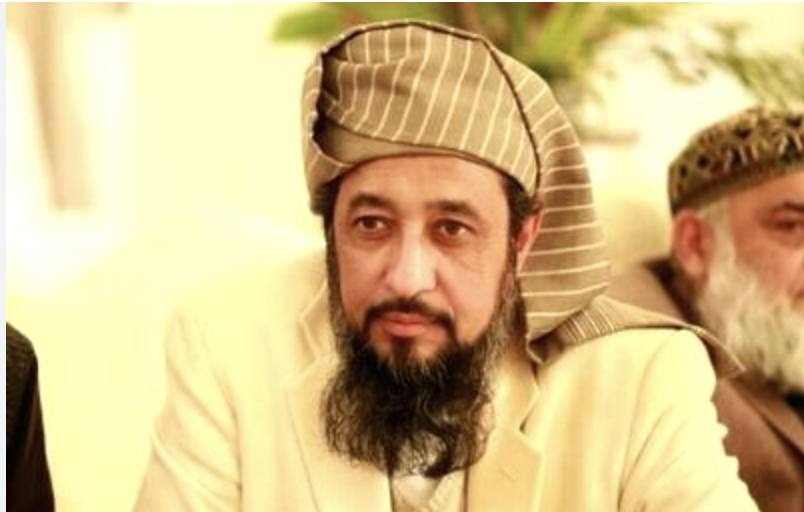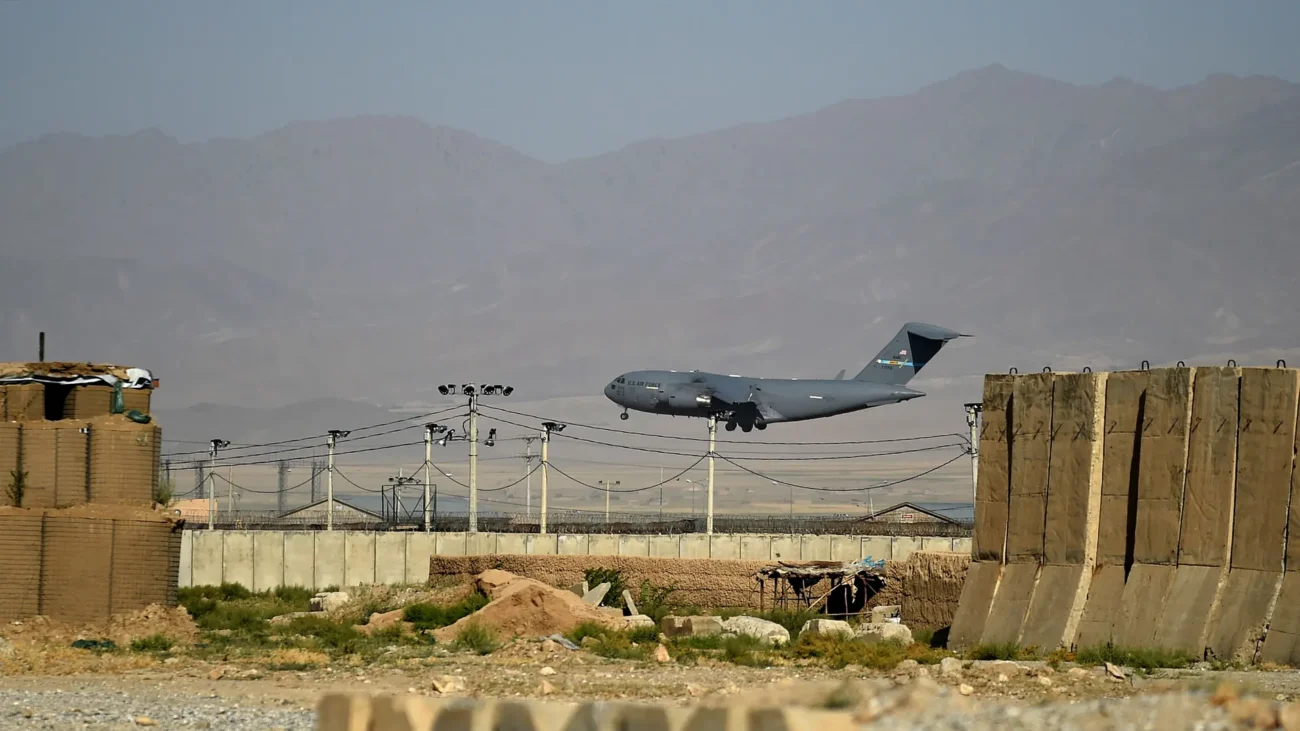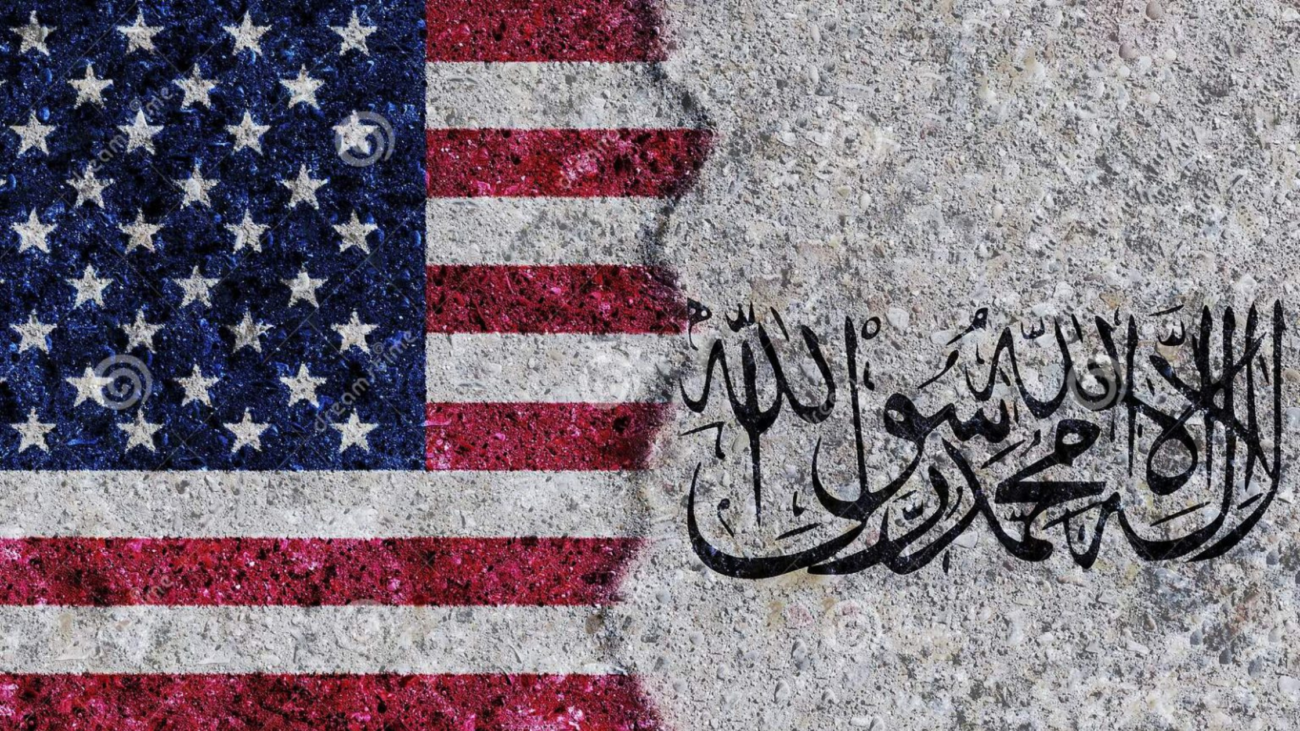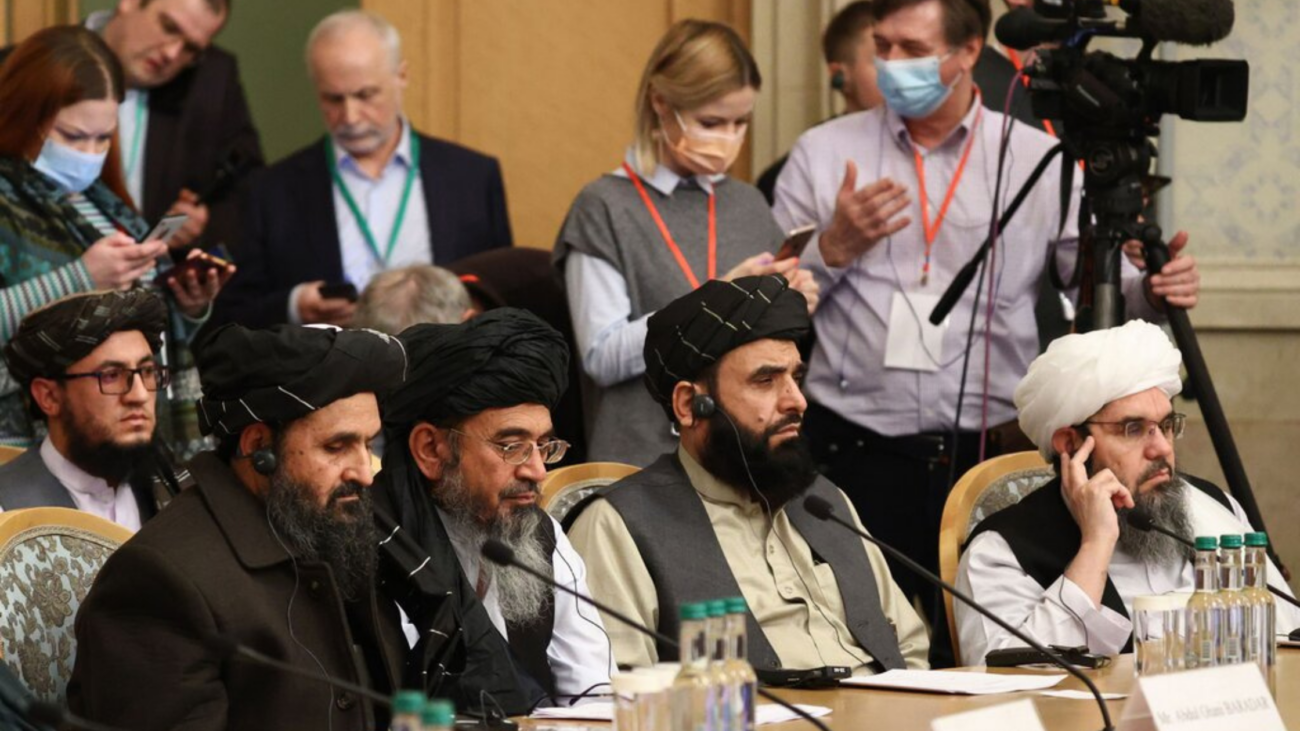The Death of Hamid Ul Haq Haqqani: Implications for Extremism and Regional Security

By Irfan Yar
Hamid Ul Haq Haqqani, a prominent Pakistani cleric and administrator of Darul Uloom Haqqania, was assassinated in a targeted attack on March 3, 2024. As the son of Sami Ul Haq, known as the “Father of the Taliban,” he played a key role in sustaining the seminary’s ideological influence, particularly over the Afghan Taliban. His assassination raises critical questions about the future trajectory of extremism in the region.
The Leadership Transition and Its Implications
Following his death, his brother, Maulana Rashid Ul Haq, was appointed as the new deputy head of Darul Uloom Haqqania. He has publicly vowed to uphold the legacy of his father and brother, ensuring the seminary remains a central pillar of Deobandi Islamism. This leadership continuity signals that Darul Uloom Haqqania will maintain its traditional support for the Taliban and other Islamist movements.
Darul Uloom Haqqania: The Ideological Backbone of the Taliban
Located in Akora Khattak, Khyber Pakhtunkhwa, Darul Uloom Haqqania is one of South Asia’s most influential Deobandi seminaries. It has earned the nickname “University of Jihad” due to its historical role in educating key Taliban leaders. Some notable aspects of its influence include:
- Taliban Leadership Pipeline: Graduates include high-ranking Taliban figures, including Mullah Mohammad Omar and members of the current Taliban government.
- State Patronage and Political Influence: Despite its ties to jihadist networks, the seminary has received funding from Pakistani governments, underscoring its political clout.
- Doctrinal Influence on Taliban Governance: Many of the Taliban’s judicial and educational policies are rooted in Haqqania’s teachings.
- A Diplomatic Player: Haqqania’s leadership has historically acted as intermediaries in Pakistan-Taliban relations.
Security Ramifications of His Death
Hamid Ul Haq Haqqani’s assassination could have wide-ranging security implications:
- Impact on Pakistan-Taliban Relations – With a key interlocutor removed, backchannel negotiations with the Taliban may become more complex.
- Increased Radicalization Risks – His killing could be used as a rallying cry for extremists, leading to a surge in jihadist recruitment.
- Heightened Militancy in Pakistan – If the assassination is linked to internal rivalries or external intelligence operations, retaliatory violence could escalate.
Conclusion
The assassination of Hamid Ul Haq Haqqani is not just a loss for Darul Uloom Haqqania but a pivotal event for extremism in South Asia. With Maulana Rashid Ul Haq now at the helm, the seminary is expected to continue its ideological and political role, reinforcing its longstanding ties with the Taliban. Whether his death leads to internal rifts or further radicalization remains to be seen, but one certainty remains: Darul Uloom Haqqania will continue to shape the future of Islamist politics in the region.
Irfan Yar is a security Analyst and founder of Afghanistan security Institute and




